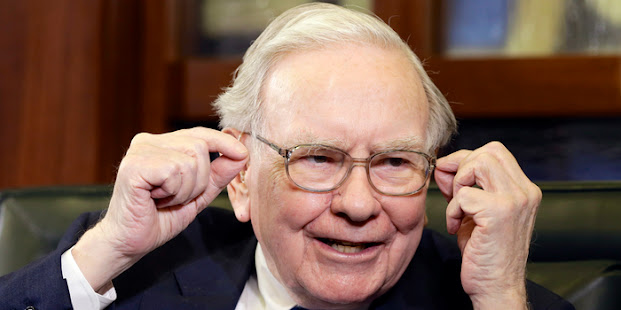Warren Buffett, known as the Oracle of Omaha, has been in the news lately for selling a large portion of Berkshire Hathaway's holdings in US banks between 2020 and 2022. This move occurred just months before the banking system upheaval that began in mid-March of 2022.
Berkshire Hathaway exited giant stakes of JPMorgan Chase (JPM), Wells Fargo (WFC), and Goldman Sachs (GS) during this period, and it also considerably reduced its ownership in regional lender US Bancorp (USB) and custody bank Bank of New York Mellon (BK). However, Berkshire still has sizable holdings in giants Bank of America (BAC) and Citigroup (C) as well as a smaller piece of online bank Ally Financial (ALLY).
Some experts believe that Buffett decided to exit the banking sector because he didn't think it was going to be profitable for Berkshire Hathaway over the following five to ten years. Bill Smead, founder and chairman of Smead Capital Management, said that he would assume that the company did not think they were going to make as much profit by remaining invested in banks.
In an interview with CNBC's Becky Quick, Buffett acknowledged reducing his exposure to banks amid concerns that the banking industry could run into a lot of "trouble." Buffett said, "I didn't like the banking business as well as I did before. I just think the system isn't set up quite right in terms of connecting punishment to culprits. It's incredibly important that your banking system run well."
Buffett's history with banks spans more than five decades. It started when Berkshire in 1969 bought Illinois National Bank and Trust in Rockford, Ill. Buffett eventually spun it off after a change in US banking laws made it difficult for him to own non-banking businesses at the same time.
During the 1987 market crash, he invested in Wall Street investment bank Salomon Brothers, only to see that investment backfire when a bond trading scandal nearly pushed the company into bankruptcy. Buffett became chairman of the firm and ran it for nine months. He saved the company but called the experience "far from fun" in a 1992 shareholder letter.
Despite this experience, he continued to make big bets on more traditional commercial banks that took deposits and made traditional loans. In fact, he became the largest investor in Wells Fargo, Bank of America, Bank of New York Mellon, and US Bancorp.
His Wells Fargo ownership, which started in 1989, rose as high as 13% in 1994. Buffett told shareholders at the 2003 annual meeting, "Banking has been a remarkably good business in this country." His connection to the industry deepened in 2008 when he played a key role in restoring confidence in banks during the worst financial crisis since the Great Depression.
Goldman Sachs came to him seeking capital, along with his stamp of approval, and Buffett injected $5 billion into Goldman. It was also Buffett who suggested in 2008 to then-Treasury Secretary Hank Paulson that the federal government should inject capital into banks to stabilize the industry. That became an official proposal of $250 billion, even though some of the biggest banks insisted they didn't need the money.
He played the role of rescuer again in 2011 when he injected $5 billion into Bank of America. At the time, Brian Moynihan was still a relatively new chief executive, and the lender's shares were under severe pressure due to losses from subprime loans. More investments followed, including a $4 billion stake in industry giant JPMorgan Chase in 2018 and a new bet on PNC Financial Services Group (PNC), another regional lender.
However, Berkshire's actions changed during the COVID-19 pandemic. The banking industry faced unprecedented challenges, including low-interest rates, loan defaults, and increased regulatory scrutiny. While the banks performed relatively well during the initial phase of the pandemic due to government stimulus packages, the future remained uncertain. Buffett's move to exit bank holdings suggests that he is not optimistic about the long-term profitability of the industry.
It's important to note that Buffett's decision to sell off bank stocks does not necessarily mean that the industry is doomed. As an investor with a long-term view, Buffett's actions may reflect his personal investment strategy rather than an indictment of the industry's future. Nevertheless, Berkshire's move is significant and has attracted attention from other investors and analysts.
Moreover, it's worth noting that Buffett has not completely abandoned the banking sector. Berkshire still holds significant stakes in Bank of America and Citigroup, indicating that he may still see potential in these companies. Additionally, Berkshire has made new investments in other financial companies, such as insurance company Marsh & McLennan and fintech firm StoneCo.
In conclusion, while Warren Buffett's decision to sell off a large portion of Berkshire Hathaway's holdings in US banks has generated considerable interest and speculation, it's essential to recognize that his actions reflect his investment strategy rather than a verdict on the future of the banking industry. Buffett's history with banks spans more than five decades, and he has played a critical role in the industry during times of crisis. As always, his investment decisions are closely watched and analyzed by investors and analysts alike.






Social Plugin